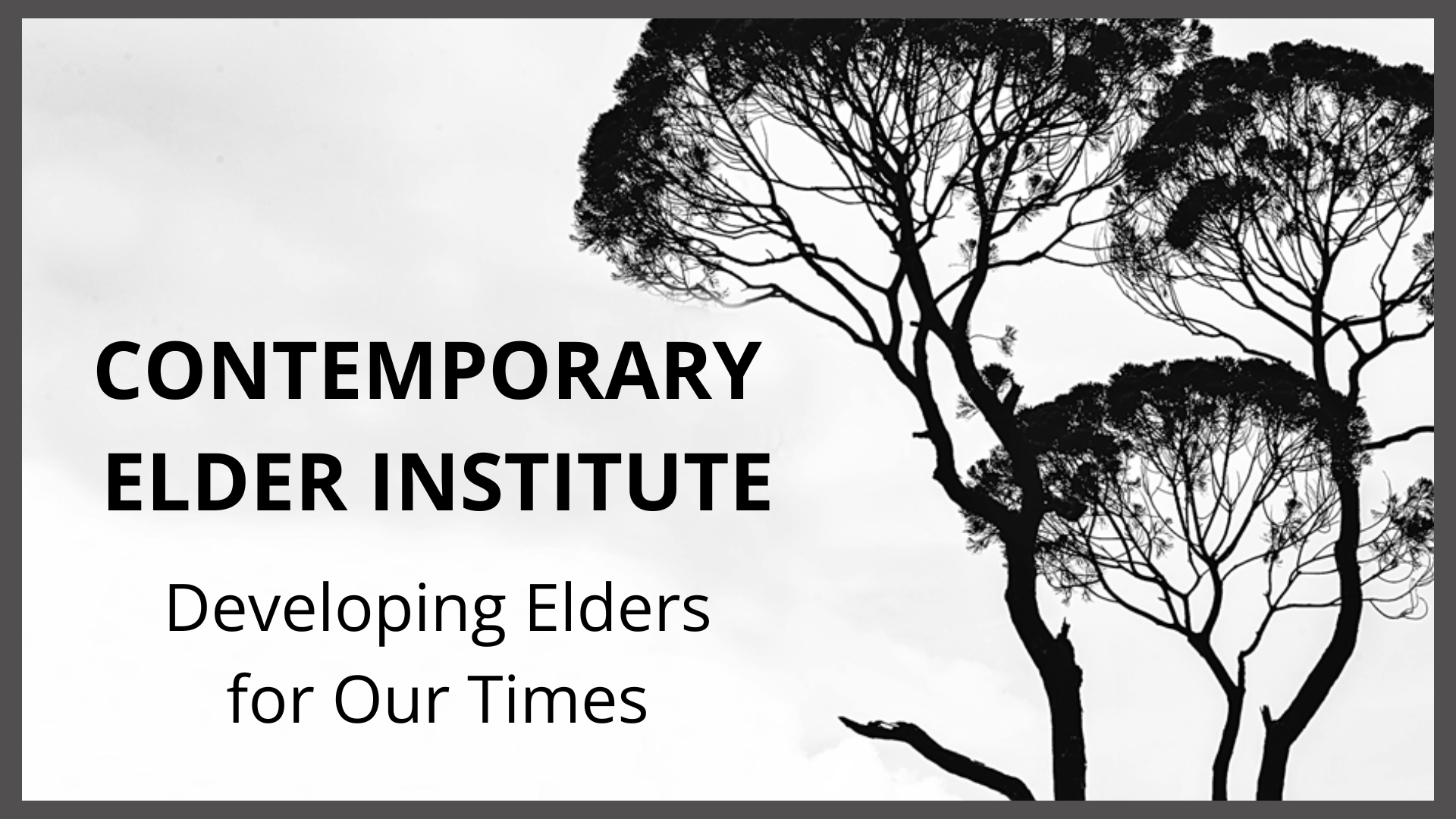AFTERDEATH
AFTERDEATH

I hold an unprovable worldview, actually a debatable deathview. Nevertheless, my research, analysis, reflections, meditations, relationships, direct experiences, psychedelics, and intuitions have molded my perception and beliefs of death and what occurs post-death.
According to microbiology professor Peter Noble, scientists working on human cadavers have observed genes that stay active after death. Noble's animal experiments found not just a handful but a combined total of 1,063 genes that remained active, in some cases for days after the subjects had died. Moreover, not only did their activity not dissipate—they spiked.
Noble said most of these were developmental genes, raising the fascinating and slightly disturbing possibility that in the period following death, the body starts reverting to the cellular conditions that were present when the body was an embryo.
Other studies report specific cells remained viable for weeks. Their research reports a "step-wise shutdown," by which parts of us die gradually, at different rates, rather than all at once. There appears to be a consistent sequencing of cellular closure.
When you restart your computer, the programs close down in a sequential order to arrive at their unpolluted beginning. The initial spikes at the beginning, followed by a sequential cellular shutdown, might well be death's restart program. Death might be the path to the uncorrupted beginning.
Adding authority to this deathview are the numerous reports from people who have experienced interim medical death. Those who experienced interim death and out-of-the-body experiences essentially reported very comparable data.
People who have experienced intermediate death consistently describe bright lights, benevolent guiding figures, relief from physical pain, and a deeply felt sensation of peace. Social strata, education, race, age made little difference in their death experience. It appears consistency of experience at death may be universal.
These patients, momentarily dead on an operating table or crash cart, reported watching as doctors saved their lives from a corner of the room, most of the time from above. Their accounts of what occurred were markedly accurate with those from the attending physicians and nurses.
How these patients were able to describe objective events while they were dead, no one is exactly sure, just as no one is exactly sure why certain parts of us appear to withstand death even as it takes hold of other parts.
I now conclude what occurs after death is that our brains and bodies die, but our consciousness does not. So that consciousness that gives us who we are—the awareness of our thoughts, perceptions, and emotions - is not annihilated because we've crossed the threshold of death. Instead, it simply opens into a different state of consciousness.
This other state of consciousness is not just an individualistic phenomenon but rather a much larger pool of consciousness which is the headwater of our individual consciousness.
Reports of consciousness after death have been proclaimed by members of Buddhist, Hindu, Islamic, Jewish, Christian, Mormon, and most aboriginal tribes. They all support the view that the end-of-life experience is a conscious altering event.
During the dying process, individuals report a state where they experience a sense of peace, separation of their body sensations, enter darkness, see the white light, meet spiritual entities, have a panoramic life review, and a sense of acknowledging their lives as lived – an expanded and less attached state of consciousness, like taking off a tight shoe.
However, the overriding Western context makes the thought of consciousness after death almost inaccessible. The thought of post-death consciousness has tremendous difficulty penetrating the walls of "the end is the end – over, done, lights out, caput."
Life, as lived, would be very much different if you knew that it was only your body that died when you died.
Life is fragile. Death is certain. When is a question you can't answer. What you believe is a choice. I've chosen.
Frank Ostaseski has been one of my life-altering teachers. Our conversations, his books, his incredible work and success with the Zen Hospice Center, the folks he hung out and introduced me to, absolutely life-altering. (See video below.)
THE PLUG
Watching this video, you can come to understand the purpose of The Contemporary Elder Retreat - to be in the world in late life as an elder, as Frank is in his life. Authentic, highly vulnerable, fully self-expressed, in touch with the privilege that life is. Frank, for me, is a profound expression of what it means to be an elder.
